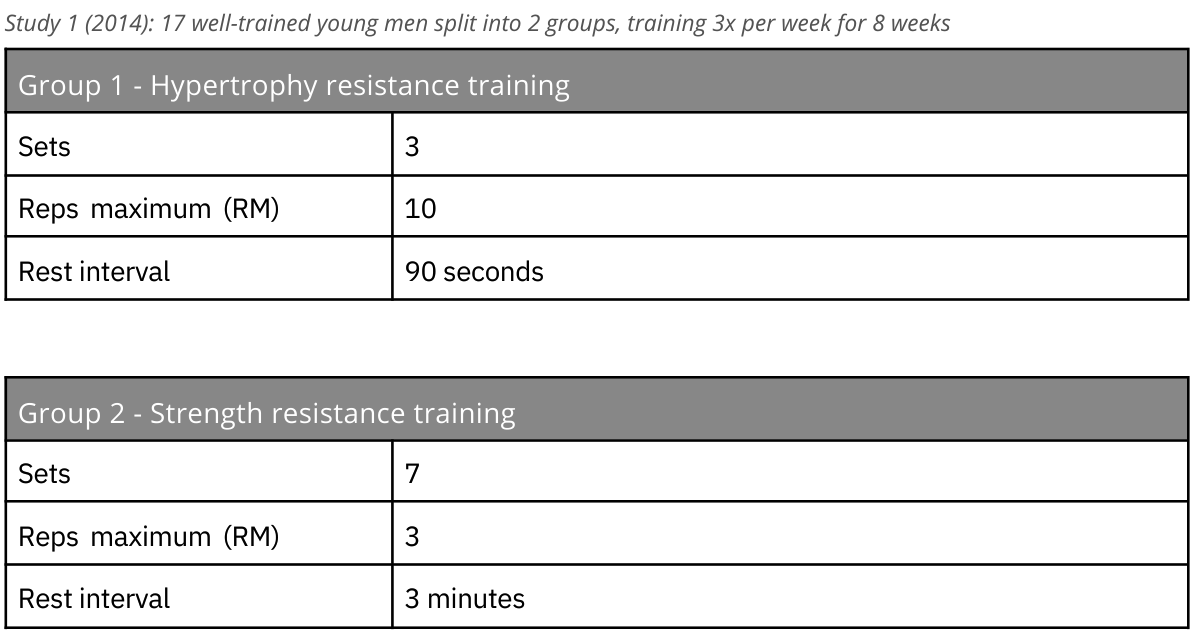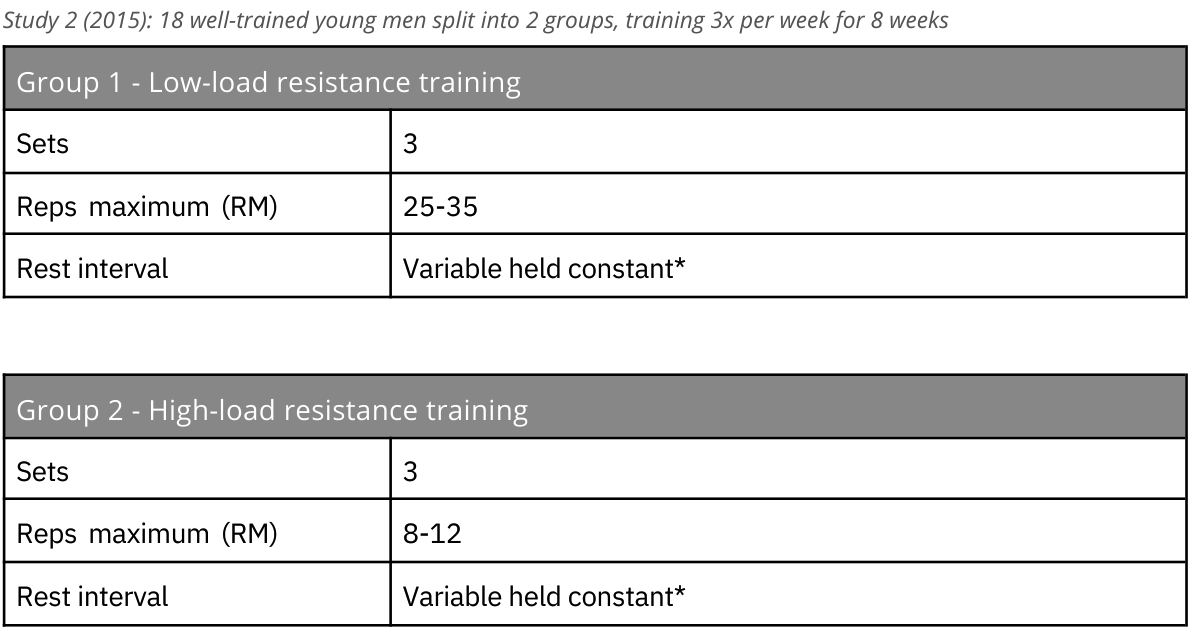Do rep ranges matter?
When it comes to resistance training, one of the age-old debates revolves around the significance of rep ranges. Are they merely arbitrary numbers, or do they hold the key to unlocking specific training goals?
In this blog, we will embark on a journey to explore the effects of rep ranges and whether or not they matter.
Short answer is yes, but also no. Long answer below.
What are rep ranges?
Before we attempt to answer the question of do rep ranges matter? Let’s have a look at exactly what a rep range is and why this question even exists…
Simply put, a rep range is merely the amount of times we perform an exercise/movement within a set of repetitions.
But why do we attribute such gravity to the question – why is this such a debated topic? Well, it would appear that for as long as weightlifting has been around this has always been up for debate. Something that had been passed down through generations like folklore and there became a narrative with bodybuilding, strength training, and any form of resistance-based training really.
There became three “truths”, three ways in which you could train your muscles:
– Low rep ranges (1-6) =To train for Strength
– Mid rep ranges (8-12) = To train for Hypertrophy
– High rep ranges (12-15+) = To train for Endurance
Now, as I stated above in the opening paragraph there is an element of truth to this – however, it isn’t the whole picture… And it kind of changes things.
So without further ado…
How do rep ranges affect muscle growth?
To answer this question we are going to lean on 2 popular studies on the topic:
In the first study by Schoenfeld et al. (2014). They took 17 well-trained young men and split them into two groups. Group 1 had a hypertrophy-type resistance program in which they performed 3 sets of 10 repetitions maximum (RM) with 90 seconds rest. Whereas group 2 were given a strength-type resistance training program and performed 7 sets of 3RM with a 3-minute rest interval.

After 8 weeks of a 3x per weekly training schedule, they concluded that there were no significant differences in muscle thickness between the two groups. However, significant differences were found in strength for group 2 with the lower rep range strength focus.
In the second study by Schoenfeld et al. (2015). They took 18 well-trained young men and matched them according to baseline strength before splitting them randomly into two groups. Group 1 was given a low load (high rep) resistance training program whereas group 2 was given a high load (low rep) resistance training program.

After 8 weeks of training 3x per week they again noted that no significant differences were found in muscle thickness between the two groups.
However, in this study, they found two caveats… The 1st, very similar to that which Study 1 found, the high load group (low rep) showed significant strength increases. The other was that they actually found slight increases in the muscular endurance of the low load (high rep) group after 8 weeks.
So what do these two studies tell us?
Well, first and foremost they tells us that there are specific instances where rep ranges do matter, but there is one area that it does not… And it kind of throws the narrative that has underpinned bodybuilding on its head.
When it comes to building muscle (i.e. hypertrophy) the amount of reps we perform really doesn’t matter – as long as total volume load and intensity are accounted for.
When do rep ranges matter?
Although rep ranges don’t matter as much as we once thought, there are in-fact times where the rep range you employ does matter, namely for maximal strength gains and improving muscular endurance…
– Lower rep ranges appear to produce more strength gains
– Higher rep ranges appear to produce more muscular endurance
You may have noticed that I said appear in both of these statements and that is because if we are to just take the reps themselves at face value, they become somewhat arbitrary. There are reasons that underpin why lower reps facilitate strength gains and reasons that facilitate endurance increases in higher rep ranges.
Why do rep ranges affect strength? (And endurance)
The answer to this question is quite a simple one but it actually gives us a lot of control in our training. The reason that low rep ranges allow for greater strength gains is simply this – we must lift heavy to get stronger.
It almost seems too simple, right?
But when we think about it, it makes sense… if we keep the training intensity/rate of perceived exertion (perceived level of difficulty) constant across the different rep ranges, then how could we possibly lift the same weight for 10 reps when we are hitting muscular failure at 4-6 reps?
We couldn’t.
When we train for strength i.e. lifting heavy we are confronted by the limiting factor that the heavier the weight… The sooner we hit muscular failure.
Inversely, when we train for endurance it’s the complete opposite of this – the lighter the weight… the longer we can last before reaching muscular failure.
So it’s really about how our bodies respond to the relationship between intensity and load as opposed to the actual number of reps when we look at specific muscular qualities like strength or endurance.
The one constant we can draw from the above studies though, is that – when we look at pure hypertrophy (i.e. muscle growth). The number of repetitions we perform does not change the amount of muscle growth we achieve, as long as we keep the intensity equal across all rep ranges that is.
Conclusion
So as I said in the opening paragraph there is a short answer and a long answer to this question. Now as much as I appreciate a short and direct response to a simple question, when dealing with anything related to our bodies, It’s rarely a short answer. More often than not, it depends…
It depends on so many variables and caveats that at times, you almost feel like you come away knowing less from a source of information than you feel you have learned.
Now in saying that, I really hope that this blog isn’t one of those instances and that I’ve at the very least, shed some light on what I believe to be a rather fascinating topic.
But just in case, let’s recap.
The actual conclusion:
We started this blog with a simple question ‘Do rep ranges matter?’ and although I could have stopped with yes, but also no. I decided we needed more here.
And with that, we learned a few things…
There were and had been for a long time a very simple belief (or set of beliefs) that different rep ranges provided certain results. If you hit those rep ranges then you would achieve ‘X’ result. Now although that is technically true, we found out that it only applies in certain instances.
And this fact matters, in fact it matters a lot!
It changes the way we should look at training…
We found that we actually have a lot more freedom in how we program our training. I mean, we discovered that arguably the most common ‘want’ that people have when exercising (muscle growth), can literally be achieved at any rep range.
But strength and endurance work differently, they operate in a way that rep ranges do affect them – At least by proxy.
So I’m essence, yes.
The rules that strength, hypertrophy, and endurance follow are slightly different but they intertwine in a way that if we are smart about it, we can really take advantage of.
Rather than being pigeonholed into one modality of training, we can say “Okay, I want to train for strength… But I also want to maximize hypertrophy.”
Or
“I want to maximize muscle growth but I’d like to provide a stimulus for endurance too.”
It’s a more nuanced approach, it’s slightly more difficult but when we do understand it… It opens up our training to so many more possibilities.
So yes, to go full circle. Rep ranges do matter… Just not how we thought they did.




